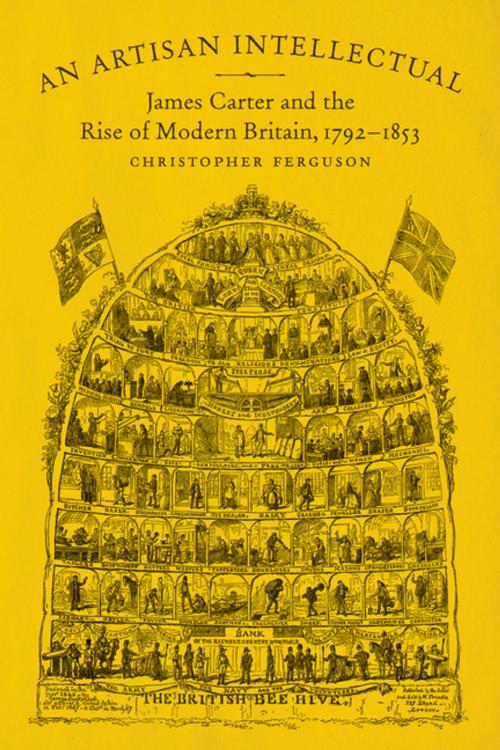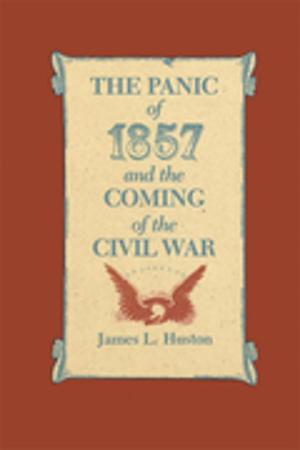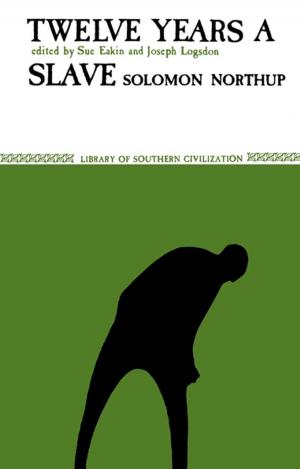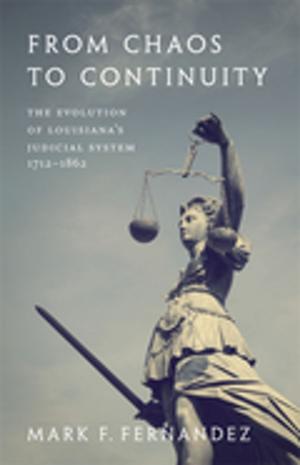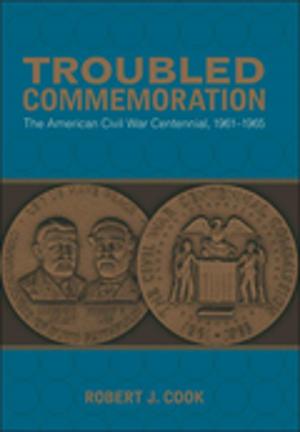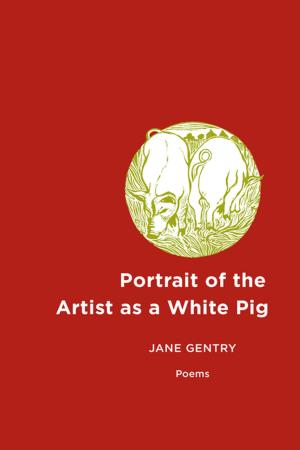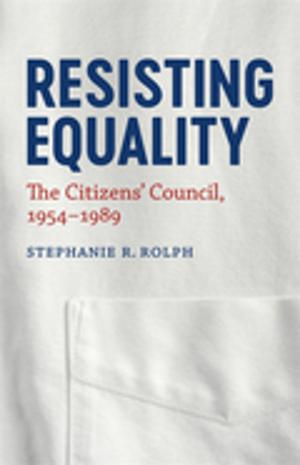An Artisan Intellectual
James Carter and the Rise of Modern Britain, 1792-1853
Nonfiction, History, Western Europe, British| Author: | Christopher Ferguson | ISBN: | 9780807163825 |
| Publisher: | LSU Press | Publication: | December 14, 2016 |
| Imprint: | LSU Press | Language: | English |
| Author: | Christopher Ferguson |
| ISBN: | 9780807163825 |
| Publisher: | LSU Press |
| Publication: | December 14, 2016 |
| Imprint: | LSU Press |
| Language: | English |
In An Artisan Intellectual, Christopher Ferguson examines the life and ideas of English tailor and writer James Carter, one of countless and largely anonymous citizens whose lives dramatically transformed during Britain’s long march to modernity. Carter began his working life at age thirteen as an apprentice and continued to work as a tailor throughout the first half of the nineteenth century, first in Colchester and then in London. As the Industrial Revolution brought innovations to every aspect of British life, Carter took advantage of opportunities to push against the boundaries of his working-class background. He supplemented his income through his writing, publishing often unsigned books, articles, and poems on subjects as diverse as religion, death, nature, aesthetics, and theories of civilization.
Carter’s words give us a fascinating window into the revolutionary forces that upended the world of ordinary citizens in this era and demonstrate how the changes in daily life impacted personal experiences and intellectual pursuits as well as labor practices and living and working environments. Ferguson deftly explores a forgotten tailor’s varied responses to the many transformations that produced the world’s first modern society.
In An Artisan Intellectual, Christopher Ferguson examines the life and ideas of English tailor and writer James Carter, one of countless and largely anonymous citizens whose lives dramatically transformed during Britain’s long march to modernity. Carter began his working life at age thirteen as an apprentice and continued to work as a tailor throughout the first half of the nineteenth century, first in Colchester and then in London. As the Industrial Revolution brought innovations to every aspect of British life, Carter took advantage of opportunities to push against the boundaries of his working-class background. He supplemented his income through his writing, publishing often unsigned books, articles, and poems on subjects as diverse as religion, death, nature, aesthetics, and theories of civilization.
Carter’s words give us a fascinating window into the revolutionary forces that upended the world of ordinary citizens in this era and demonstrate how the changes in daily life impacted personal experiences and intellectual pursuits as well as labor practices and living and working environments. Ferguson deftly explores a forgotten tailor’s varied responses to the many transformations that produced the world’s first modern society.
